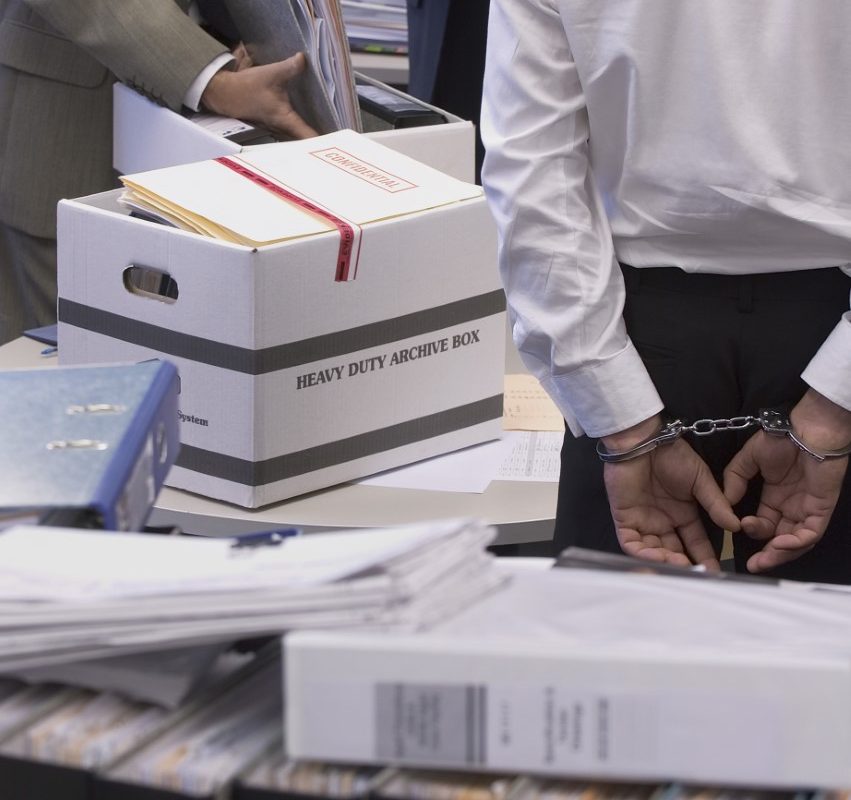Despite the lockdowns experienced last year, courts across the Midlands experienced a surge in the number of fraud cases being heard in 2021. The volume of cases increased by 84 per cent, from 25 in 2020 to 46 in 2021, while the value decreased by just 1 per cent, from £59.8m in 2020 and £59m in 2021.
In the East Midlands the number of cases has increased by 67 per cent, while the value of cases has decreased from £23.6m in 2020 to £16m in 2021. Commercial businesses were the most common victim type, accounting for eight of the 20 cases heard in the East Midlands. The majority of these cases were committed by employees or management.
Julie Bruce, forensic director at KPMG in the Midlands, said: “As courts across the region continue making their way through a backlog of cases, we’re now starting to see a glimpse of the true picture of fraudulent activity.
“The fact that the volume of fraud cases increased yet values dropped, albeit ever so slightly, could suggest that on the surface the trend of committing higher value crimes isn’t as prevalent as it has been in previous years. However, I believe it’s much more likely that this is down to the delay in cases reaching the courts, as challenging economic circumstances almost always serve as encouragement for fraudsters to take advantage.
“With household purse strings tightening and concerns over rising energy bills and inflation, we expect to see a spike in fraud cases reaching courts in 2022, and if the pattern we’ve seen so far is anything to go by, we could see a record year for fraud values and volumes. With fraudsters looking for every and any opportunity to strike, businesses and consumers need to stay on high alert and ensure protective measures are in place to help them to do so.”
Case studies to reach the region’s courts during this period include a Nottinghamshire-based surgery practice manager who pocketed £200k funds from his employer while claiming that the money was being spent on finding locum doctors.
The national story
The number of alleged fraud cases heard in UK courts in 2021 went up by 66 per cent compared to the same time in 2020. Despite another lengthy COVID-19 lockdown at the start of 2021, UK courts appear to have got back on their feet and made headway with the backlog of cases that built up because of initial COVID-19 measures.
Figures from KPMG UK’s Fraud Barometer released today, found 298 alleged fraud cases were heard during 2021 (up from 180 in 2020). Yet the opposite trend was seen in terms of fraud value: the Fraud Barometer figures, which records alleged fraud cases with a value of £100k and above, saw the total value of fraud reaching UK courts in 2021 fall significantly from £724m in 2020 to £444.7m in 2021.
Whilst cases in UK courts provide an indicator of fraud activity, these cases are small in the context of fraud crime reported to Action Fraud. Between 2020 and 2021 there were 875,622 reports made to Action Fraud with a reported loss value of £2.35bn, pointing out the stark reality that relatively few cases are brought to court.
When analysing the data in more detail, it appears that there weren’t any high value fraud cases over £50m last year, rather it was the lower value crimes that increased in both value and prevalence. Fraud cases worth between £100k and £5m rose from 164 in 2020 with a value of £100.3m, to a total of 285 in 2021 to the value of £178m.
Commenting on the findings, Roy Waligora, partner and head of UK investigations at KPMG, said: “With the introduction of the BEIS White Paper and heightened focus on fraud, I would hope that it has helped tackle the prevalence of high-value fraud. With increased controls, it is only logical that less of these crimes slip through the net.
“In 2020, there was a £200m film piracy case which accounted for 28 per cent of the fraud value reported, hence why there has been such a significant fall in fraud values. With new regulation and heightened awareness of fraud, I hope cases as catastrophic as that one will no longer be seen in the future.
“Another reason for the fall in value could be that more complex cases are still being delayed as a result of the pandemic or are still currently being heard in court, and we will closely monitor for this in next year’s data.”



